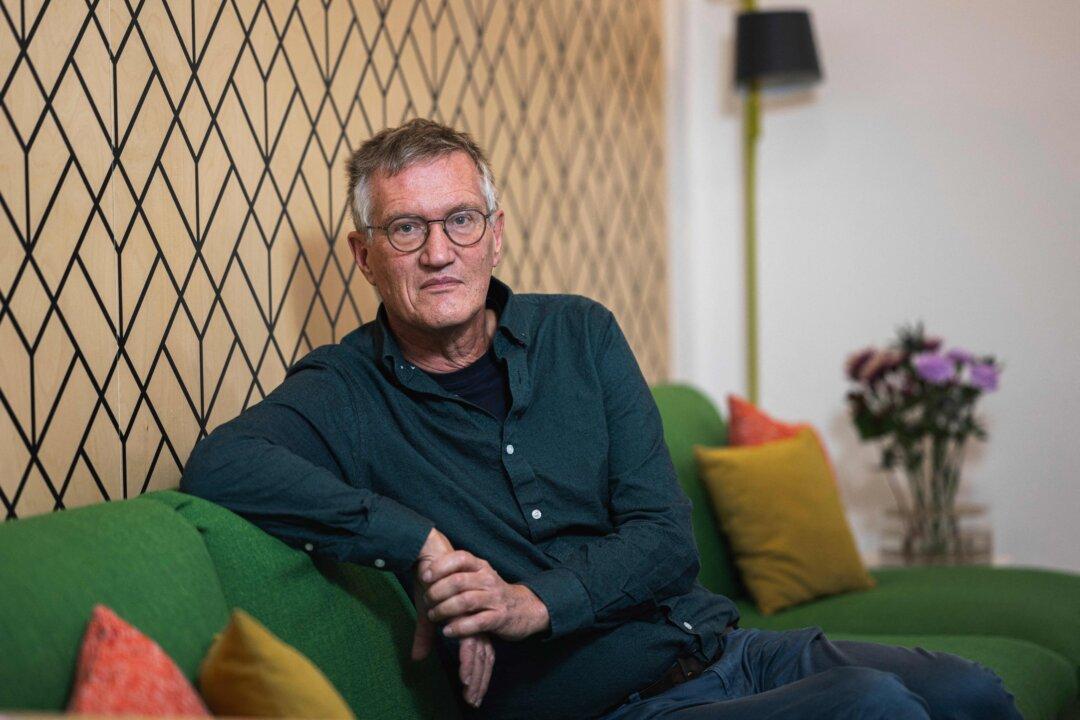A statement by Sweden’s state epidemiologist Anders Tegnell, who advised his government on measures to take other than lockdowns, has been found on the UK Covid’s Inquiry’s website in a collection of 700 documents.
The doctor, who resigned from his post in 2022, said that excess deaths throughout the epidemic were “considerably higher” in the UK than in Sweden—the only country in Europe and one of only a handful in the world not to implement any form of lockdown during the COVID-19 era.





